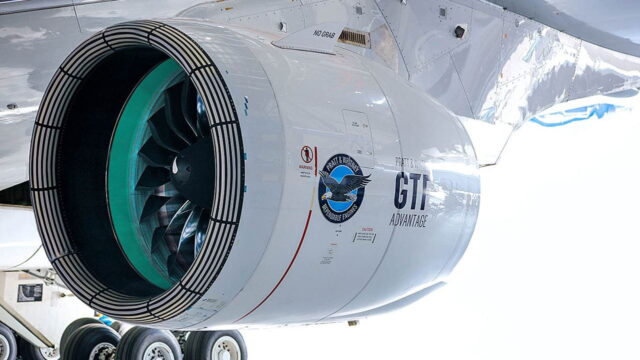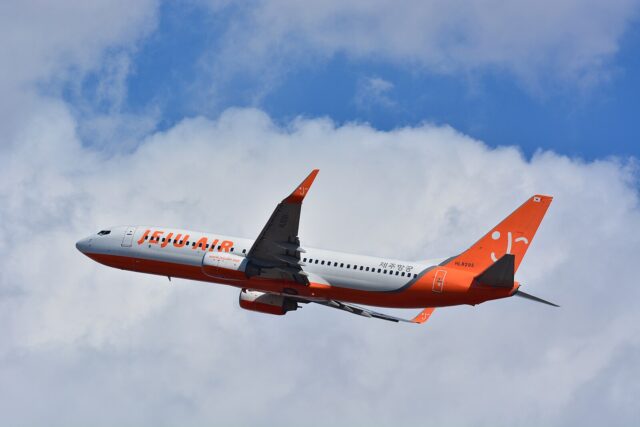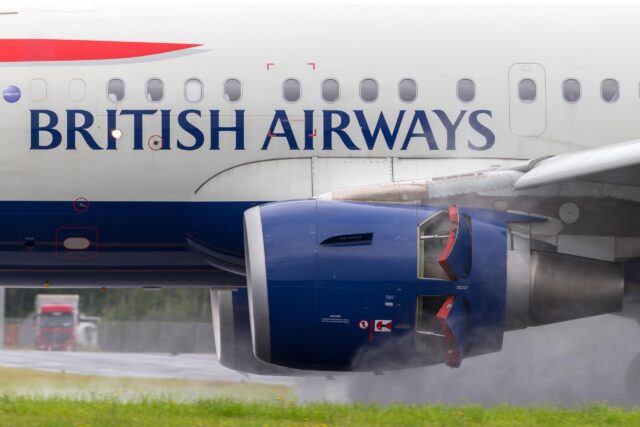Why did drone-maker Baykar acquire Piaggio Aerospace?
December 28, 2024

When Turkish unmanned systems manufacturer Baykar was confirmed as the buyer of Italian aerospace company Piaggio, there did not seem to be an immediate logical explanation for the purchase. Baykar has shown no previous signs of wanting to diversify into manned aircraft production, and while the Italian government described the P.180 Avanti turboprop as having a “significant order portfolio”, others would describe the type’s prospects as being modest. Piaggio’s 2022 turnover of €152 million was unlikely to set pulses racing at a Baykar whose turnover the following year hit $2 Billion!
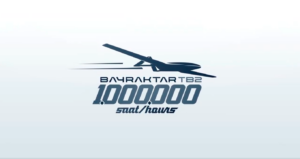
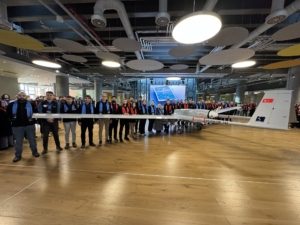
Baykar’s success has been built in large part on the success of its Bayraktar TB2 medium altitude long-endurance (MALE) UAV, which recently celebrated its one millionth in-service flying hour, and which has been widely exported. TB2 operators include various Turkish service arms, Albania, Azerbaijan, Bangladesh, Burkina Faso, Djibouti, Ethiopia, Kosovo, Kyrgyzstan, Libya, the Maldives, Mali, Morocco, Niger, Nigeria, Pakistan, Poland, Qatar, Rwanda, Romania, Somalia, Togo, Tunisia, Ukraine and the UAE. Orders have been received from Croatia, Iraq, Japan and Kuwait. But early operational success in the war between Azerbaijan and Armenia was not repeated in Ukraine, and many believe that while it is well suited to asymmetric counter insurgency operations, the type is too vulnerable for emerging ‘ways of war’.

Seen in this context, the purchase of Piaggio by Turkish UAV maker Baykar may reflect a desire on the part of Baykar to revive the Piaggio Aerospace P.1HH HammerHead within its own product line, augmenting the TB2, TB3 and Akinci, as well as the jet-engined Bayraktar Kızılelma, which was designed to meet Turkey’s Muharip İnsansız Uçak Sistemi ‘loyal wingman’ requirement. The Hammerhead was intended as a state-of-the-art Unmanned Aerial System (UAS) designed for Intelligence, Surveillance and Reconnaissance (ISR) missions whose combination of performance and operational characteristics placed it at the very top end of the MALE UAS category, fast, potentially certifiable and capable of carrying a heavy payload, prompting some to refer to it as a Super MALE UAS.
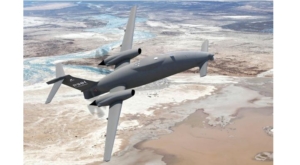
The status of the improved P.2HH version, revealed in 2018, is unknown, but could also be of significance. Italy could also be a potential market for the carrier-capable TB3 and Kızılelma, and Baykar’s ownership of Piaggio might offer interesting possibilities of local assembly.
Though Baykar has never built a manned aircraft, the company may also have been interested in the so-called Multirole Patrol Aircraft (a different MPA acronym!) being developed in partnership with ADASI (Abu Dhabi Autonomous System Investments, a subsidiary of Tawazun) for the UAE Armed Forces. The aircraft carried two operators ain addition to its flight crew and was intended as a maritime patrol aircraft, but also as a SIGINT/ELINT platform.

Baykar may also be hoping to leverage the success of Piaggio’s operations in the maintenance, overhaul, and assembly of aircraft engines. The Italian company holds license agreements with several of the world’s major aircraft engine manufacturers, including Rolls Royce, Honeywell, and Pratt & Whitney, and manufactures and supplies parts for the F135 engine used by the Lockheed Martin F-35 Lightning II.

